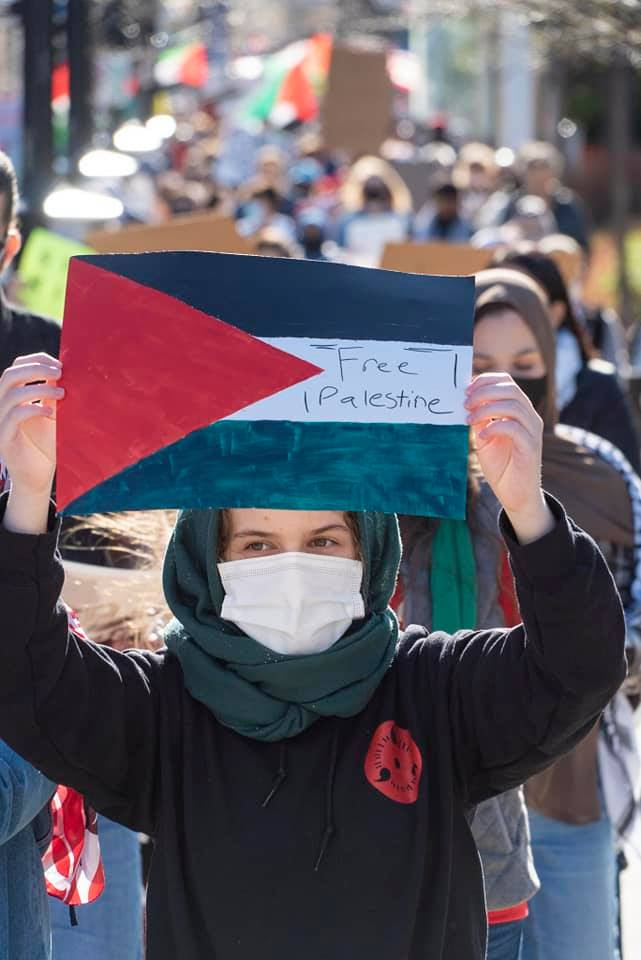
We mourn the loss of Israeli and Palestinian lives and grieve for those who have lost loved ones due to the ongoing occupation and massive bombardment. We denounce Israel’s planned invasion of Gaza and its forced removal of Gazans that the United Nations says will have “devastating humanitarian consequences,” and that the World Health Organization calls a “death sentence.” Nearly half of Gazans are children, under 18.
One cannot understand this tragedy without acknowledging its history. As educators, our role is to help students grasp and analyze this history. But beginning with the “Columbus-discovers-America” myth, the U.S. school curriculum has taught children that some lives matter more than others. We see this hierarchy of human worth playing out now, as Israeli government ministers call Palestinians “human animals,” cut off their supply to water, electricity, food, and medicine, and inflict further violence on those seeking refuge. This dehumanization has long fueled violence and oppression.
Let’s help our students probe the long history of colonialism and resistance in Palestine and Israel — and the role that our own government has played. As Jewish Voice for Peace writes this week, “The bloodshed of today and the past 75 years traces back directly to U.S. complicity in the oppression and horror caused by Israel’s military occupation. The U.S. government consistently enables Israeli violence and bears blame for this moment. The unchecked military funding, diplomatic cover, and billions of dollars of private money flowing from the U.S. enables and empowers Israel’s apartheid regime.”
Let us recommit to teaching and working for the dignity of all peoples.
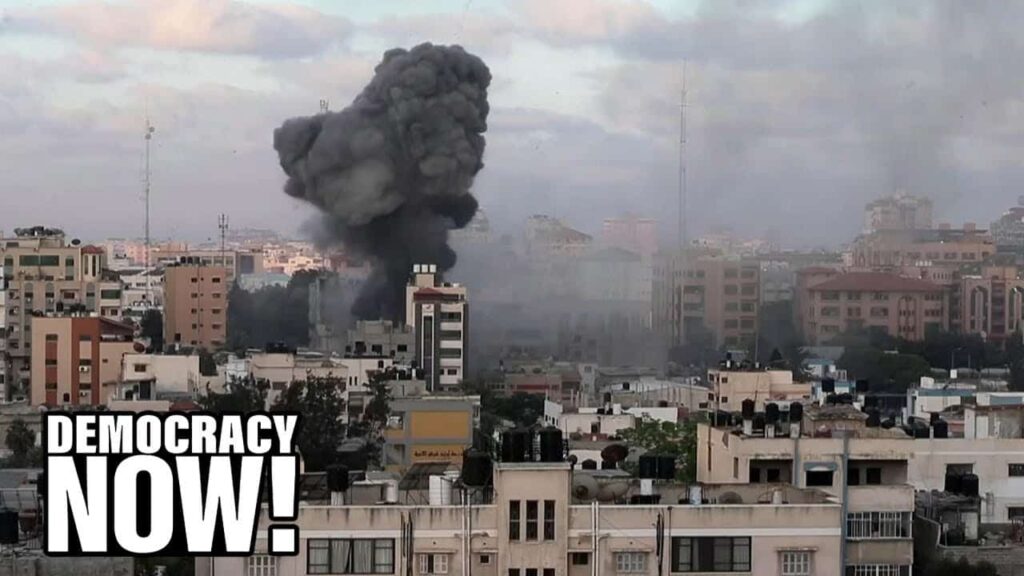
As you look for resources to learn and teach about this crisis, we recommend the daily coverage by Democracy Now! For articles on how to teach about Palestine/Israel, visit our archives and see the resources below. Social Justice Books offers a list of titles for K–12 on Palestine.
Independence or Catastrophe?
Teaching Palestine through multiple perspectives
By Samia Shoman
A social studies teacher uses conflicting narratives to engage students in studying the history of Palestine/Israel, focusing on the events of 1948.
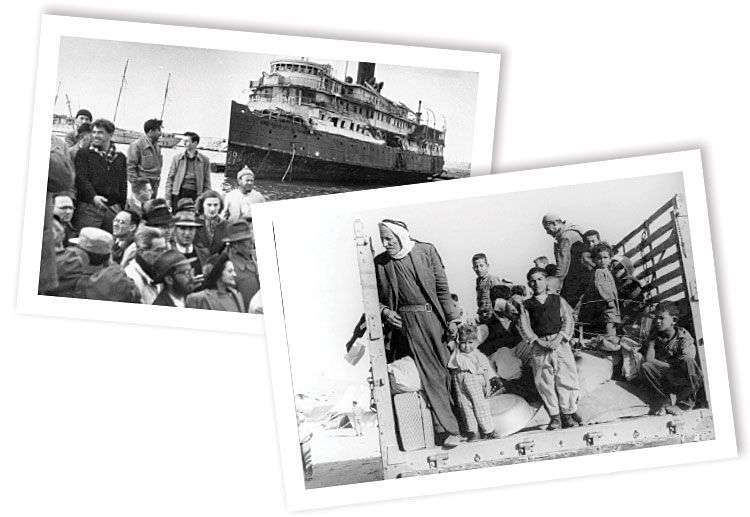
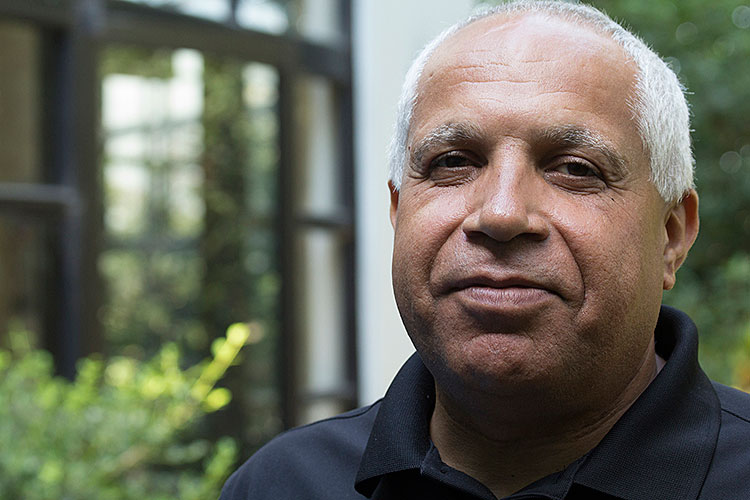
Teaching Palestine
An interview with Palestinian educator Ziad Abbas
By Jody Sokolower
Drawing on his experience growing up in a refugee camp in the West Bank and his work with youth, Abbas explores connections that bring Palestine to life for students in the United States.

Boycotting Occupation: Educators and Palestine
By the Editors of Rethinking Schools
Educators have a moral and an educational responsibility to speak out about the occupation of Palestine. One important piece of that responsibility is joining the movement to boycott, divest from, and sanction Israel (BDS) for its denial of human rights to Palestinians.
Whose “Terrorism”?
By Bill Bigelow
Using scenarios based on real situations, this lesson helps middle and high school students examine the definition of terrorism and the use of the term terrorism in the media and U.S. foreign policy.
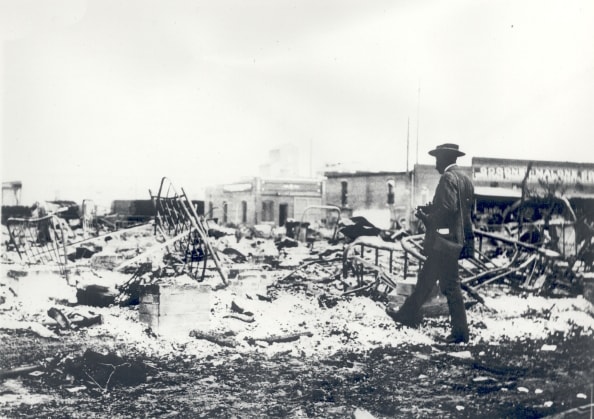
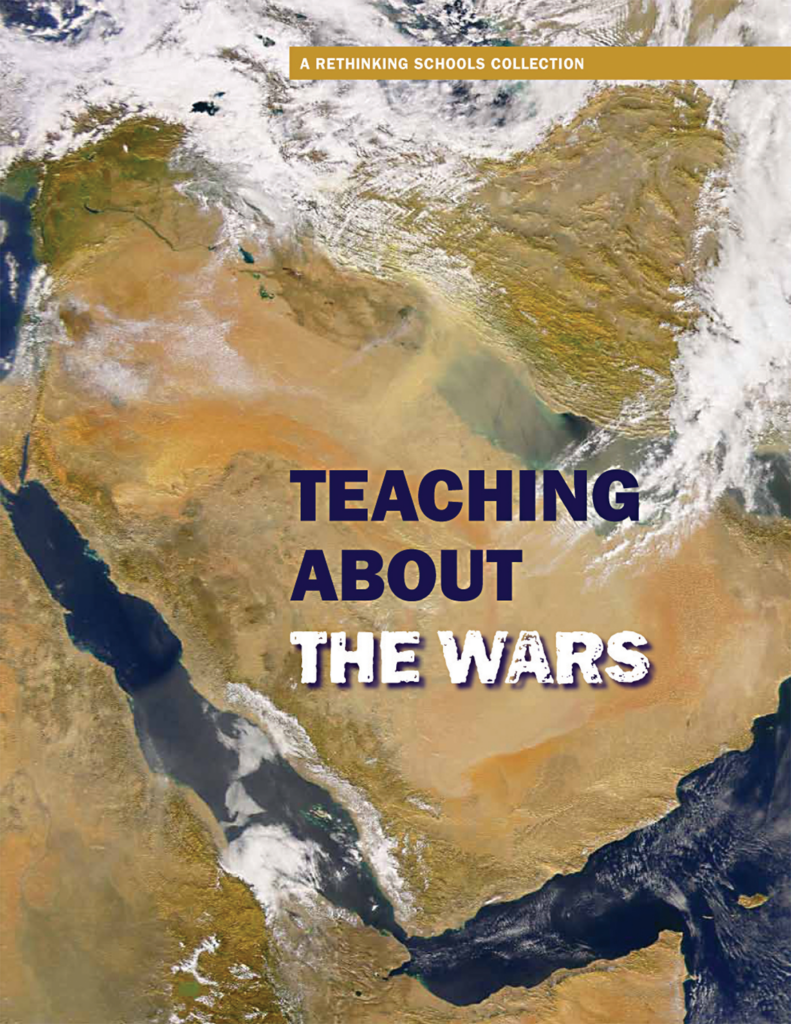
Teaching About the Wars
Edited by Jody Sokolower
Teaching About the Wars breaks the curricular silence on the U.S. military engagement in the Middle East and Afghanistan. The articles and hands-on lessons in this volume explore “the realities of how we got here” and show how teachers prompt their students to think critically about big issues.
Free PDF E-book.
The Books I Never Had as a Child
Palestinian Children’s Literature
By Nadine Foty
Weaving her own experiences with reviews of Palestinian picture books, Foty shares books as resistance to the systematic exclusion of Palestine in the curriculum.
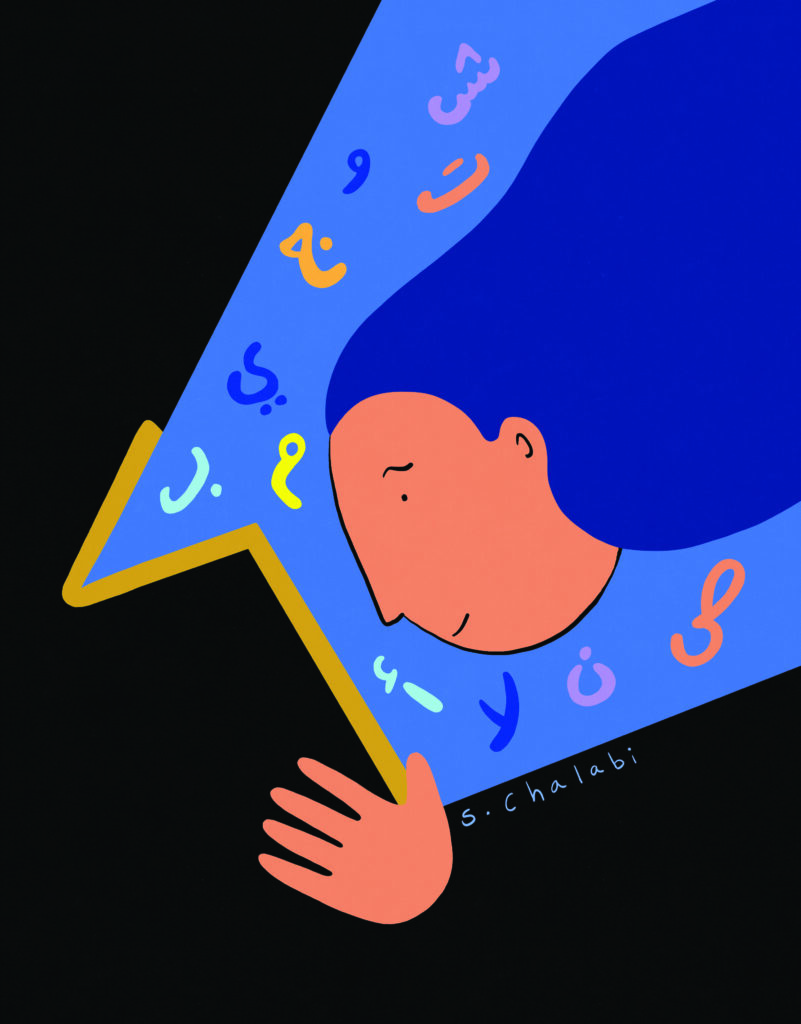
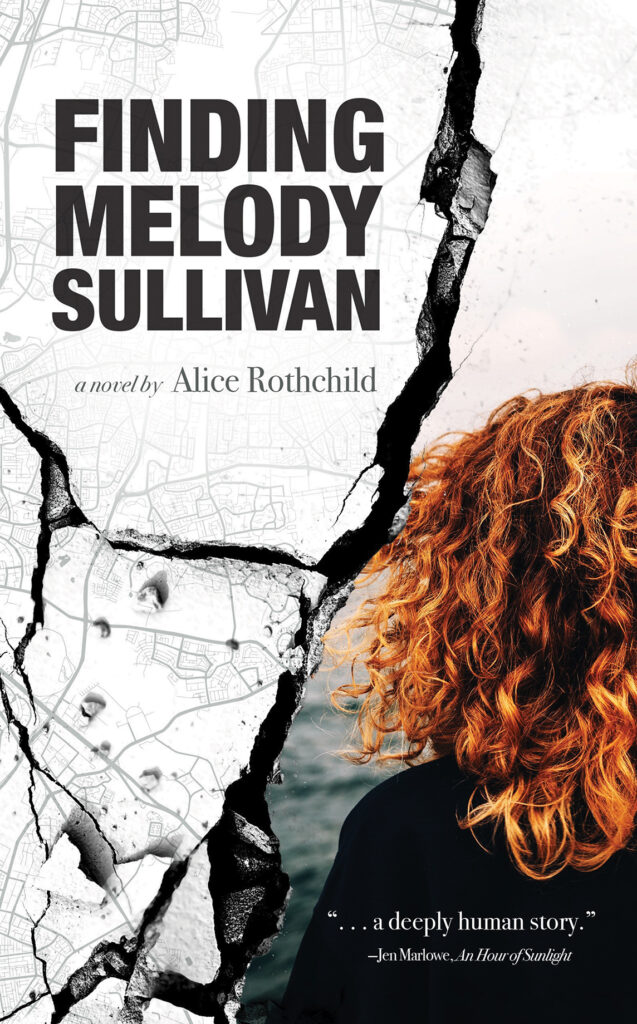
Melody Sullivan Goes to Palestine
By Linda Dittmar
A review of Finding Melody Sullivan by Alice Rothchild.
“We Will Remain Standing on This Land and Teach”
By Nina Shoman-Dajani
A Review of Determined to Stay by Jody Sokolower
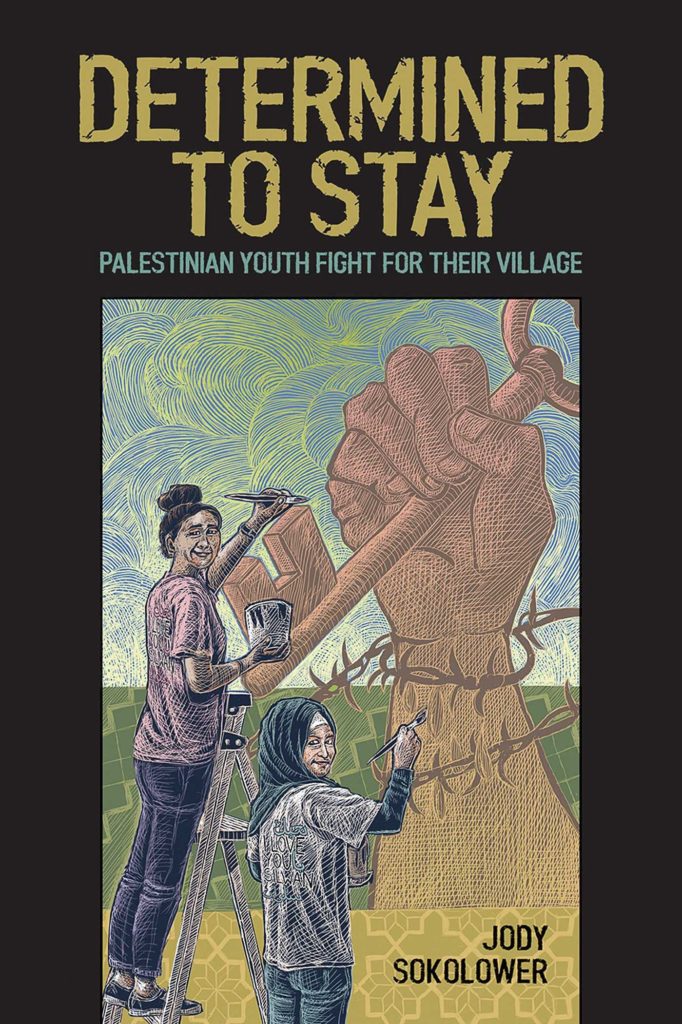
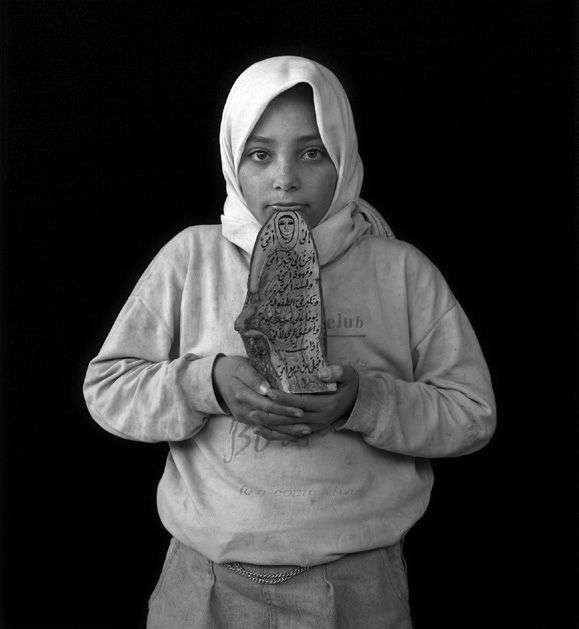
Remembering Mahmoud Darwish
By Naomi Shihab Nye
The Palestinian poet’s richly descriptive style resonated with displaced peoples everywhere
